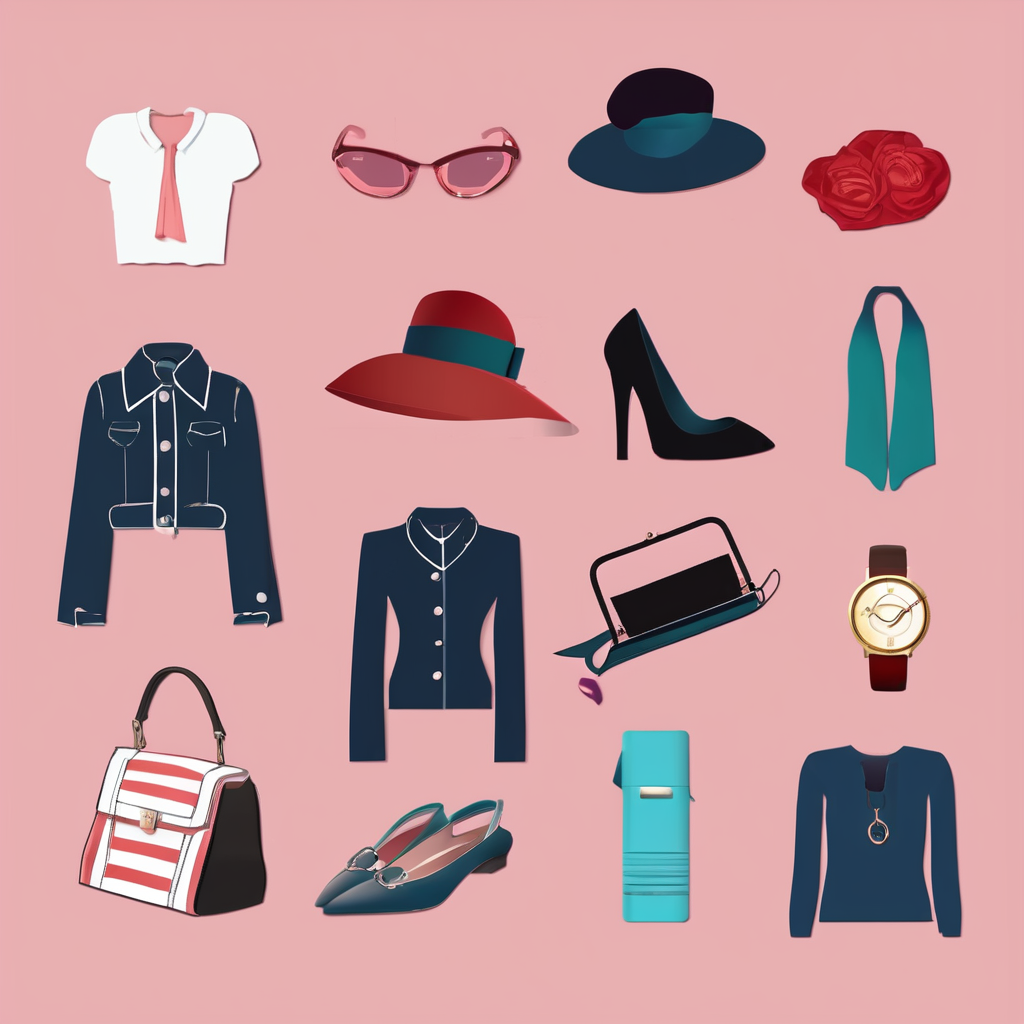Understanding the Causes of Winter Hair Static
Winter hair issues are a common inconvenience, and understanding the causes of hair static is essential for effective management. The climate effects on hair, particularly during winter, significantly contribute to this phenomenon. The cold, dry winter air strips moisture from your hair, leaving it prone to static electricity. As the air loses humidity, your hair’s moisture decreases, causing individual strands to repel each other, leading to flyaways and frizz.
Indoor heating, a staple in keeping homes warm, also plays a significant role. It reduces indoor humidity, further exacerbating the causes of hair static by creating an even drier environment. This intensifies the separation of electric charges in your hair, increasing static electricity.
Also read : How can you choose the right shades of makeup to complement your skin tone?
Particularly susceptible hair types include fine, thin hair, as they hold less moisture than thicker hair types. These hair types are more likely to absorb static charge, resulting in exaggerated frizz and flyaways during the winter months. Understanding these winter hair issues helps in tailoring specific care routines tailored to climate effects on hair, mitigating static and maintaining hair health throughout the season. Ensuring proper hydration and moisture maintenance can greatly alleviate these issues.
Effective Home Remedies for Reducing Static
Dealing with winter hair issues can be frustrating, but home remedies for hair static offer simple, natural solutions that can help. One effective method is using natural oils like coconut or argan oil. These oils can smooth your hair, reduce static, and add moisture to dry strands, combating the climate effects on hair. A small amount rubbed between your palms and applied lightly can make a noticeable difference.
Also read : How can you select the right foundation based on your skin type and tone?
Moisturizing treatments and masks are also beneficial. They supply much-needed hydration, counteracting the dryness caused by the season. DIY hair treatments such as avocado or yogurt masks can work wonders, providing nutrients that keep your hair manageable and less prone to static. They are easy to apply once a week and do not require a trip to the salon.
Another essential natural solution is using a humidifier. By increasing indoor humidity, humidifiers indirectly maintain hair hydration, reducing the likelihood of static build-up. They help create a balanced environment for your hair, offsetting the dry air from indoor heating.
Incorporating these remedies into your routine is a practical step toward minimizing static and keeping your hair healthy throughout winter.
Product Recommendations to Tackle Winter Hair Static
Finding the right anti-static hair products can transform your winter hair care routine. Moisturizing conditioners are crucial for combatting dryness and static. Opt for those with anti-static properties, like shea butter or glycerin, which help seal moisture into the hair shaft. New and popular local UK brands include Charles Worthington and Umberto Giannini, known for their effective solutions tailored for winter.
Conditioners
Seek out conditioners that emphasize hydration and static control. Products enriched with natural oils such as argan or coconut oil serve a dual purpose: moisturizing and reducing static. UK-specific brands often offer formulations designed to handle damp UK winters, keeping hair smooth and manageable.
Anti-Static Sprays
When exploring anti-static sprays, look for ingredients like hydrolysed keratin or silk proteins, which counteract static. Proper application is key; apply to damp hair, spraying mid-shaft toward the ends. This maximizes their effectiveness while avoiding product build-up at the roots.
Other Hair Care Essentials
Invest in leave-in conditioners and serums that offer long-lasting moisture and protection against static. Additionally, consider using brushes and combs made from natural materials or high-quality plastic to minimize static charge and enhance hair health during the colder months.
Styling Tips to Minimize Hair Static
Mastering styling techniques for static hair during winter can significantly enhance your hair’s appearance and health. Selecting the right hairstyles is crucial. Opt for styles like braids and buns that minimise individual strand exposure, reducing static electricity. Such styles help maintain hair’s moisture balance and minimise flyaways.
Heat-styling tools are a common culprit for increasing static. Use them sparingly, as they can deplete moisture from hair. When using tools like straighteners or curlers, apply a heat protectant spray to shield your hair from damage and static build-up. Selecting tools with temperature control further helps maintain healthy hair.
Incorporating protective styles can preserve moisture and combat static. Styles that group hair together, such as twists or ponytails, keep strands close and less reactive to static-inducing fabrics. Using scarves made from silk or satin to cover hair can also protect it from the dry winter air and friction, improving hair maintenance during this season.
Emphasizing these techniques aids in reducing unwanted static, maintaining your hair’s health and aesthetics through the chilly months.
Preventative Measures for Healthy Hair in Winter
When it comes to maintaining healthy hair during winter, prevention is essential. Winter hair care tips focus on adapting routines to combat the climate’s harshness. Regular trims help keep your hair in optimal condition, preventing frayed ends and reducing static, crucial for maintaining hair health.
Adapting your hair care routine to seasonal changes is vital. As the climate shifts, incorporating moisture-rich shampoos and conditioners becomes important. Tailoring day-to-day habits, like avoiding over-washing, preserves natural oils that protect against dryness and static build-up. These small adjustments ensure your hair stays resilient throughout the colder months.
Understanding the significance of hydration and diet for hair health is indispensable in these colder months. Staying hydrated naturally supports hair moisture, combating the drying effects of winter air. A diet rich in omega-3 fatty acids, vitamins, and proteins further strengthens your hair from the inside out. Foods like fish, nuts, and leafy greens are excellent choices to integrate into your winter diet, supporting both hair and overall health.
Educating yourself and adapting these winter hair care tips into daily routines will protect against static, ensuring your hair remains healthy and vibrant throughout the winter season.
Regional Considerations for UK Hair Care
The unique UK climate effects on hair present particular challenges, prompting the need for targeted local hair care solutions. The climate varies significantly across the UK, with conditions ranging from damp and mild in the south to cold and windy in the north, each influencing hair differently. Understanding these regional weather impacts is key to tailoring effective care routines.
In areas where humidity prevails, such as the western regions, the additional moisture in the air can lead to frizz. Residents might consider using anti-frizz serums and leave-in conditioners to balance moisture levels. Meanwhile, in the colder, drier northern regions, where the climate resembles typical winter conditions, the focus should be on moisture retention to prevent static.
Access to specific products across different regions may also vary. Some UK-specific brands offer region-tailored formulations catering to diverse challenges. Awareness of these products is vital when selecting the right routine. Seasonal trends in hair care also shift, with locals often favoring protective styles like braids in more severe winter conditions.
Adapting one’s hair care regime to align with regional weather impacts ensures not only style but also the health of one’s hair throughout the year.











